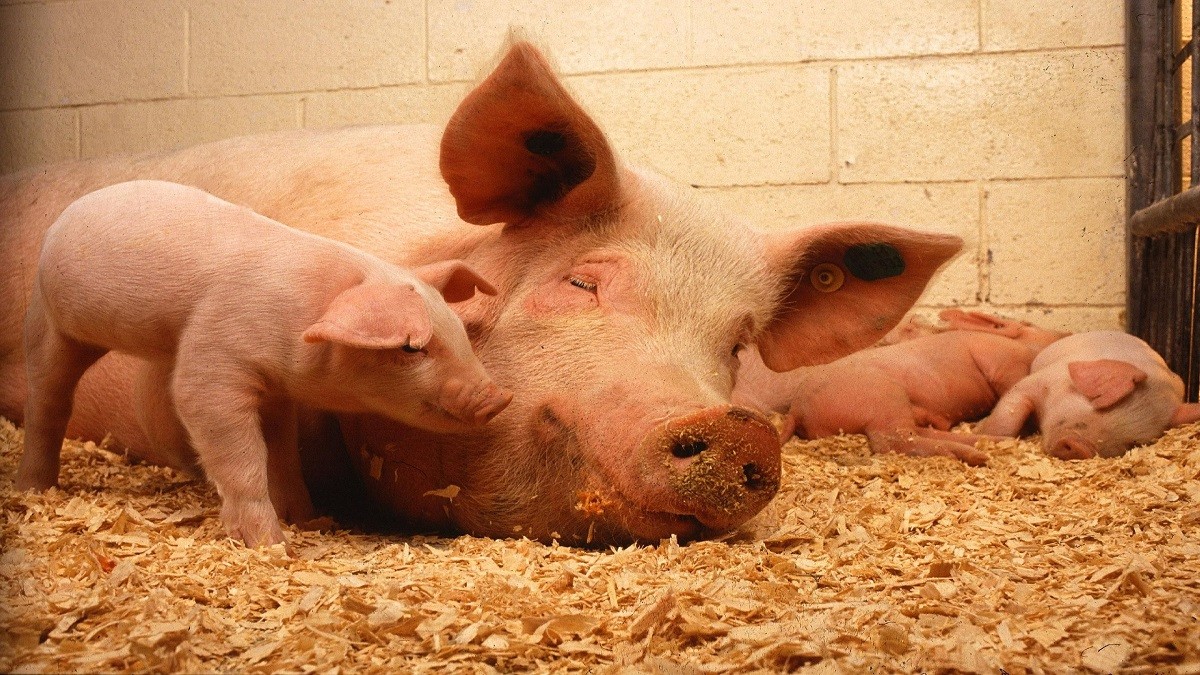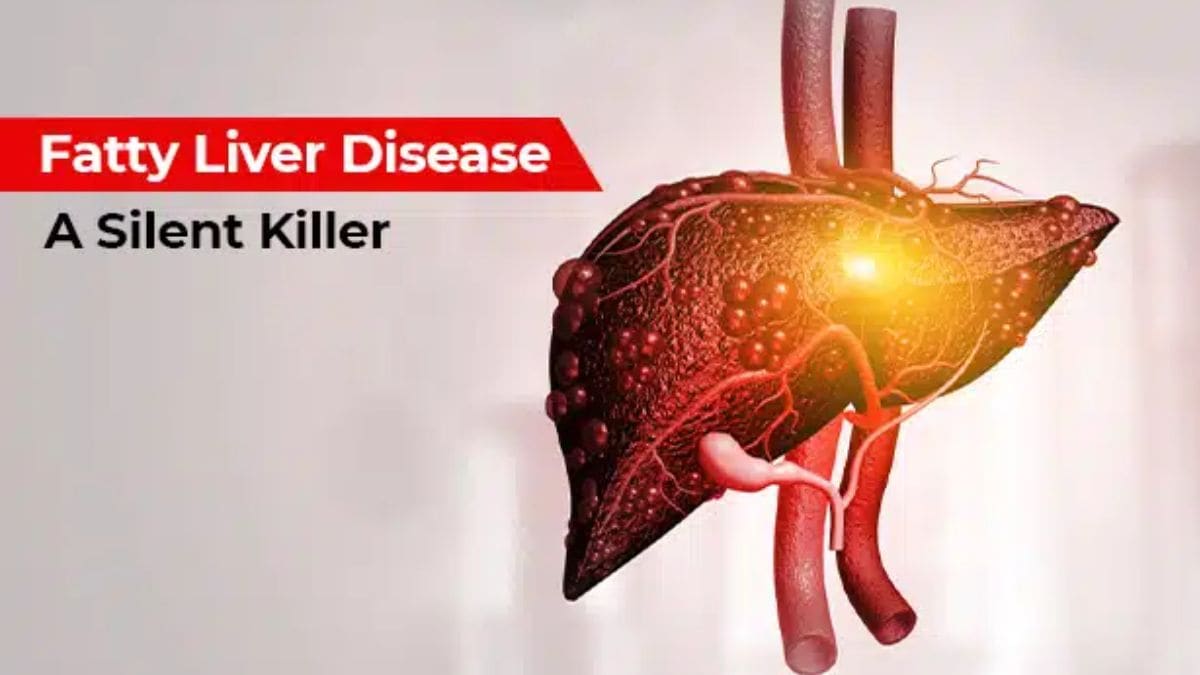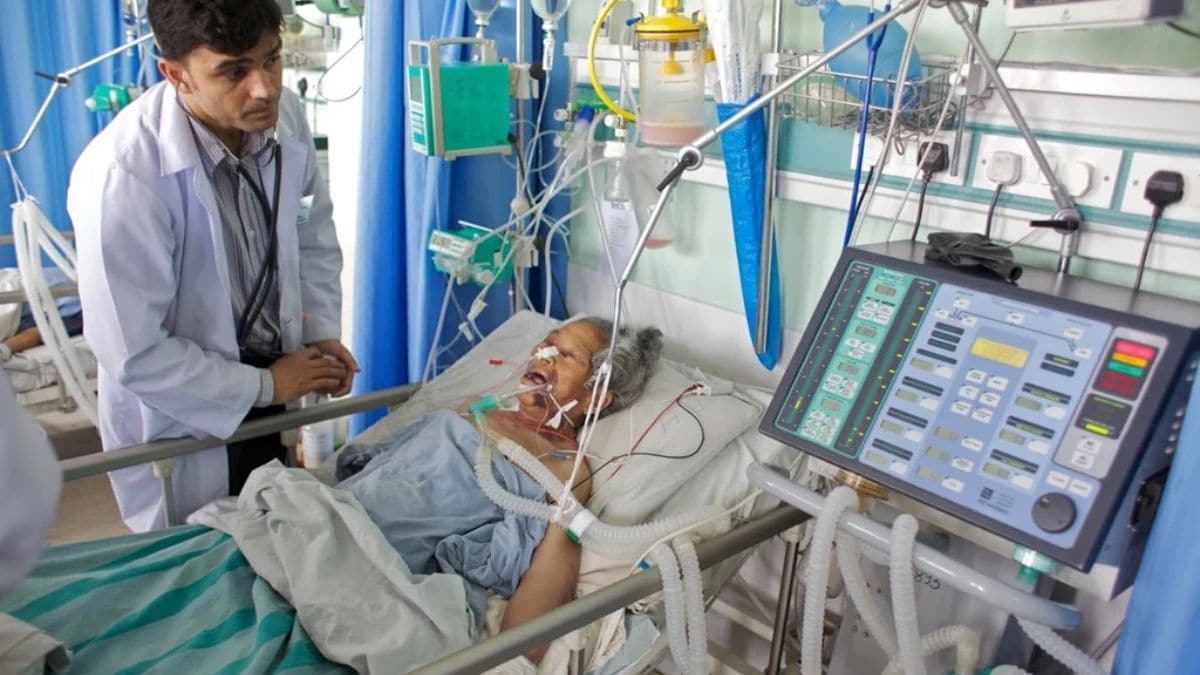An outbreak of African swine fever (ASF) has been reported from a farm in a village in Kerala’s Thrissur district. The virus affects pigs and wild boar, with a high fatality rate. Although it poses little threat to humans, it has seriously disrupted the socioeconomic systems of several nations read more
)
The highly contagious and deadly swine disease can affect both farm-raise and feral (wild) pigs. Representational Image/Pixabay
An outbreak of African swine fever has been reported from a farm in a village in Kerala’s Thrissur district, officials said on Friday.
Due to the outbreak, the district collector has ordered the culling of 310 pigs at a private farm in Madakkathara panchayat.
Here’s all we know about the outbreak.
The outbreak
“The disease was confirmed in the pigs owned by Kuttalapuzha Babu of Veliyanthara in the 14th ward. The district Collector has directed the district animal husbandry officer to cull the pigs and bury them,” an official release said.
A team consisting of doctors, livestock inspectors and attendants will conduct the culling process, and further primary disinfection measures will also be taken, it said.
The area within a one-kilometre radius of the affected farm has been declared a disease-affected area, and the area within a 10-km radius has been declared a disease surveillance area.
“The transportation of pork from the affected areas, the operation of such farms, and the movement of pigs, pork, and feed from the affect areas to other parts of the district, as well as the movement of these items from other areas into the affected area, have been prohibited until further orders,” the release said.
According to PTI, officials said the Animal Husbandry Department will investigate whether pigs were transported from the affected farm to other farms within the last two months.
The department will also conduct strict checks at checkposts and other entry points in the district to prevent the illegal transportation of pigs and pork from Thrissur or other areas, they said.
Following the confirmation of the disease in Madakkathara panchayat, precautionary measures will be taken in other areas of the district as well.
If the swine fever virus is detected in other areas, the municipal/government secretaries, village officers and rural development officials concerned should inform the relevant veterinary officer and then take the necessary steps to control the spread of the virus, they said.
According to the officials, African Swine Fever (ASF) is different from other types of fever. Since it is a disease that affects only pigs, the possibility of transmission to other animals or humans is low, authorities have informed.
About the African Swine Fever
A virus known as African swine fever (ASF) affects pigs and wild boar, with a high fatality rate, according to the European Food and Safety Authority (EFSA).
The highly contagious and deadly swine disease can affect both farm-raise and feral (wild) pigs, explains PTI.
Although this virus poses little threat to humans, it seriously disrupts the socioeconomic systems of several nations.
As per EFSA, the most common ways that healthy pigs and wild boar catch the infection are by direct contact with diseased animals, indirect contact through eating animal products, contact with contaminated vehicles, equipment, or clothing, and bites from infectious soft ticks (where available).
Due to animal losses, pig movement limitations, the cost of control methods, and the restriction of wild boar and their products, areas impacted by ASF incur large financial losses.
The elimination of the condition may take several years.
There are neither vaccines nor cures.
Symptoms and testing
Fever, abortions, bleeding, and unexpected death are common indications of ASF.
The disease is characterised by the sudden deaths of pigs.
According to Indian Express, the illness can also cause high fever, depression, anorexia, appetite loss, skin haemorrhages, vomiting, and diarrhoea, among other symptoms.
It is crucial that ASF be diagnosed through laboratory testing and distinguished from Classical Swine Fever (CSF), which has symptoms that are comparable to ASF but is brought on by a separate virus for which a vaccine is available.
Origin and countries affected
The disease was first identified in sub-Saharan Africa, where ASF is prevalent, as per EFSA.
From 1995 to 2007, ASF was limited to the Italian island of Sardinia in Europe.
But in 2007, there were ASF outbreaks in Georgia, and the disease moved to the adjacent countries, infecting both domestic and wild boar.
The report says the first outbreaks in the European Union, affecting wild boar from Poland and the Baltic nations, were documented in 2014.
Since then, the disease has spread to surrounding non-EU nations as well as other EU nations. In recent years, outbreaks have also been reported in Asia, Oceania, and several American nations.
According to the most recent epidemiological study released by EFSA, 2023 witnessed the highest number of African Swine Fever (ASF) outbreaks for domestic pigs since 2014.
Despite spreading to new areas, there were 10 per cent more wild boar outbreaks this year than the year before.
With inputs from PTI

 2 months ago
14
2 months ago
14


















)
)
)
)
)
)
)
 English (US) ·
English (US) ·